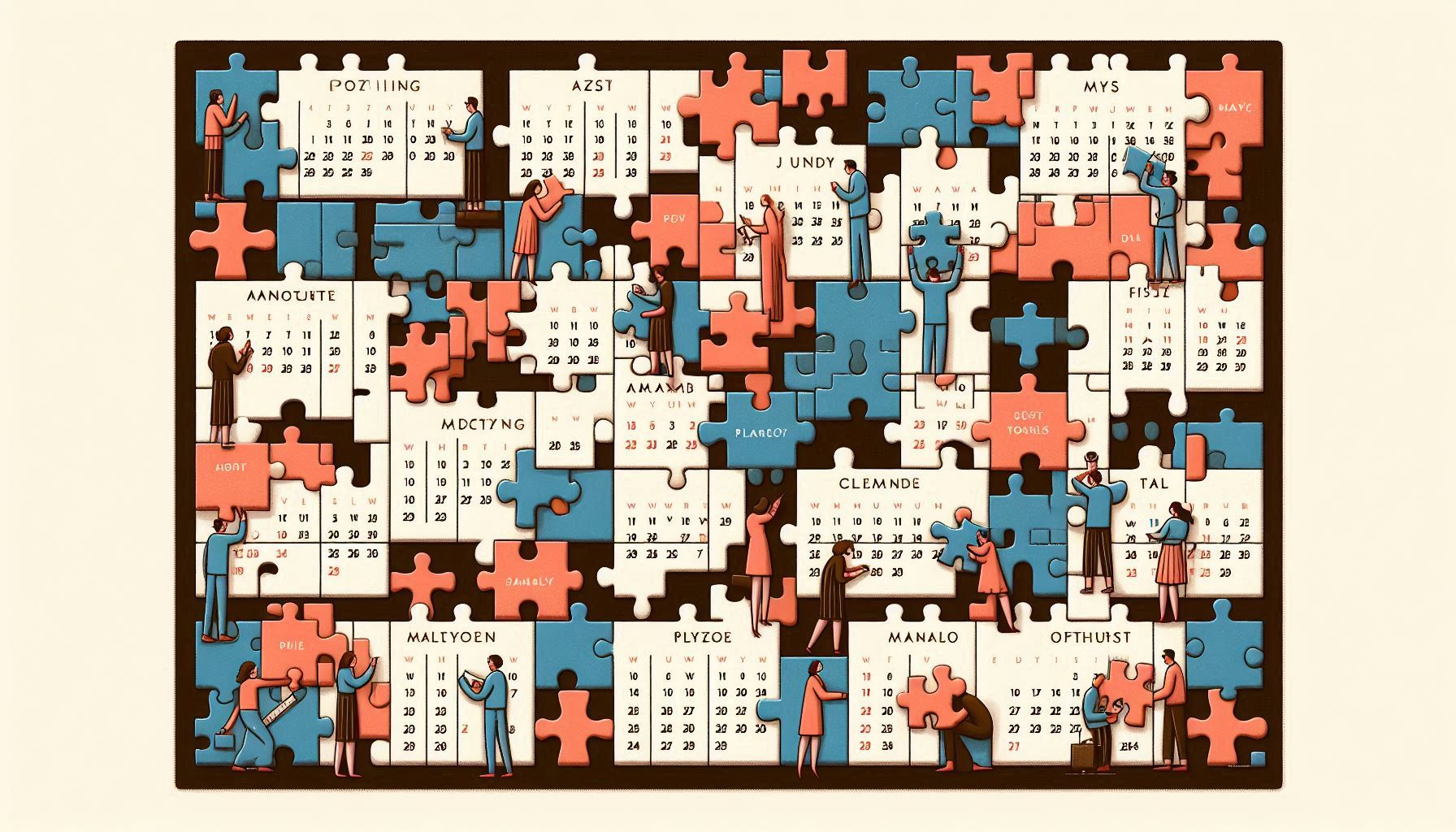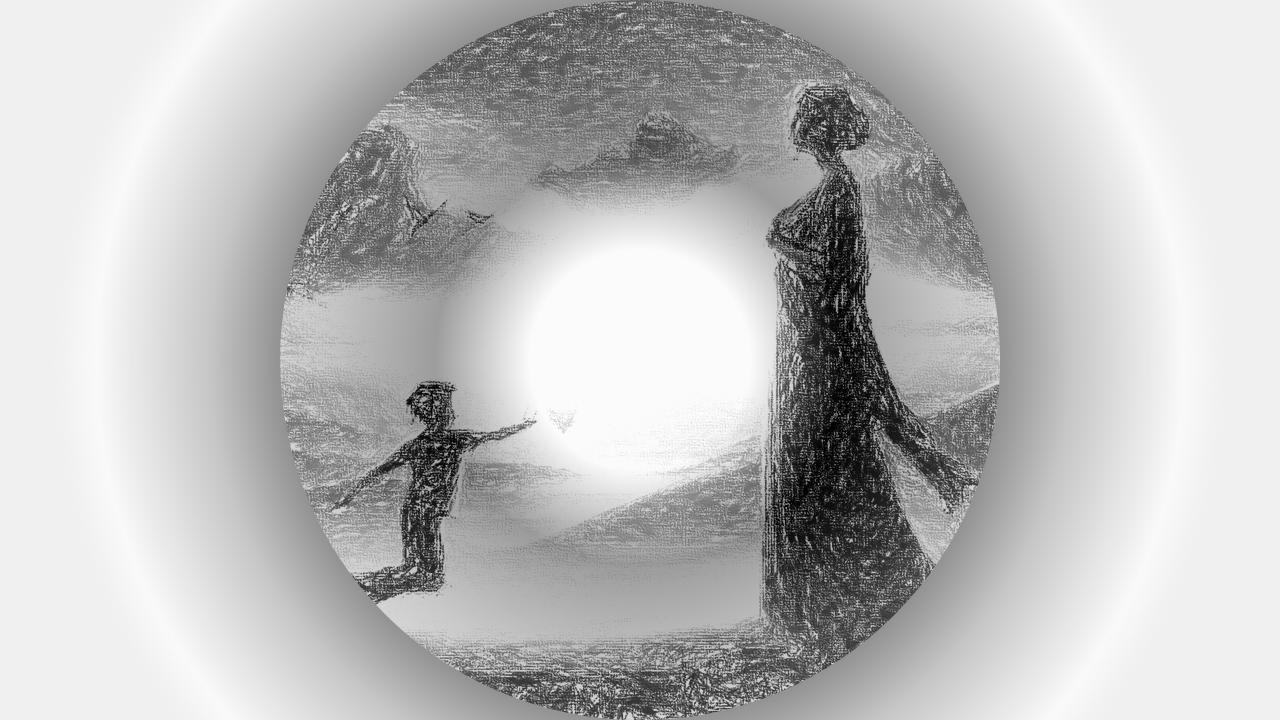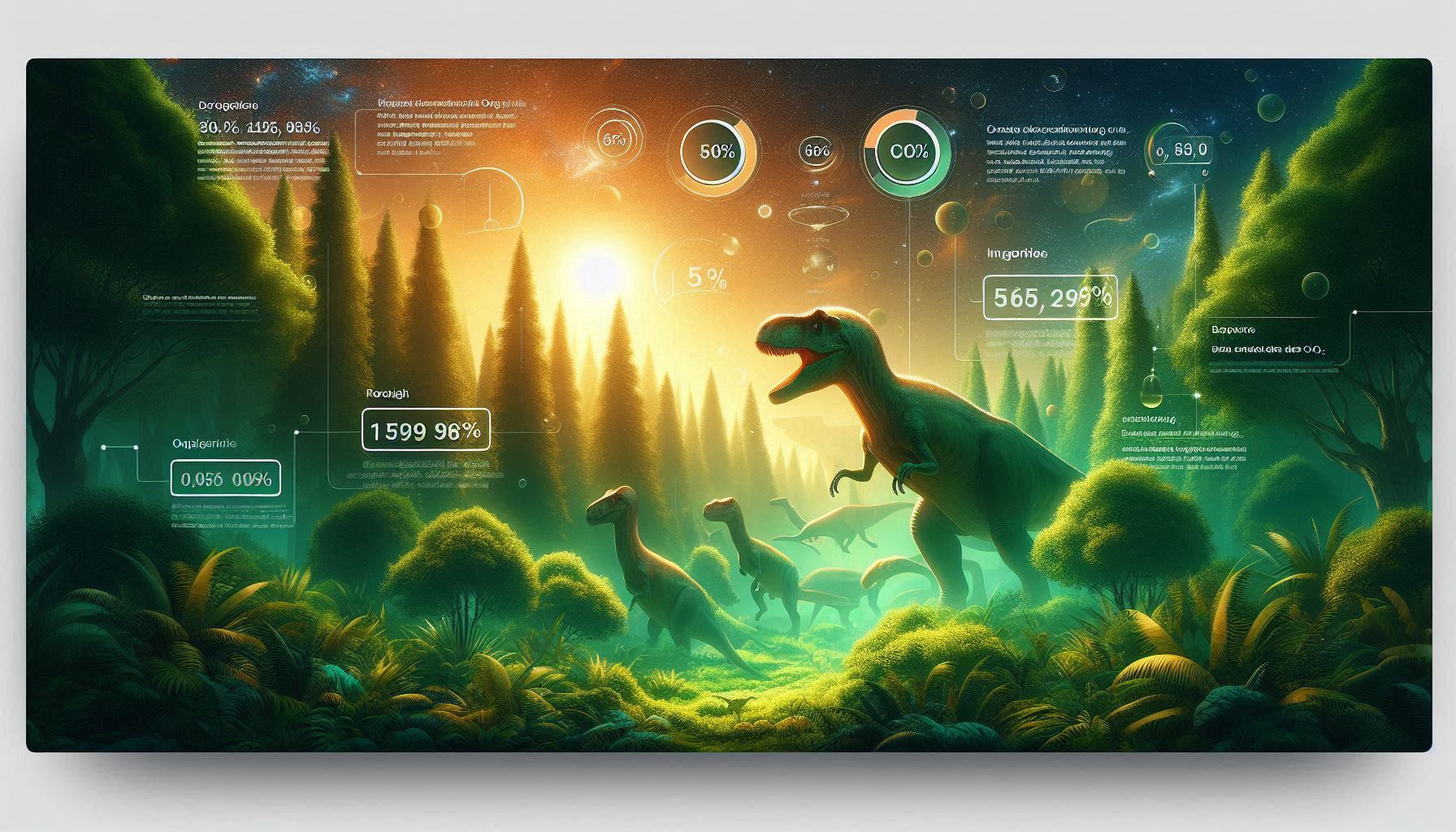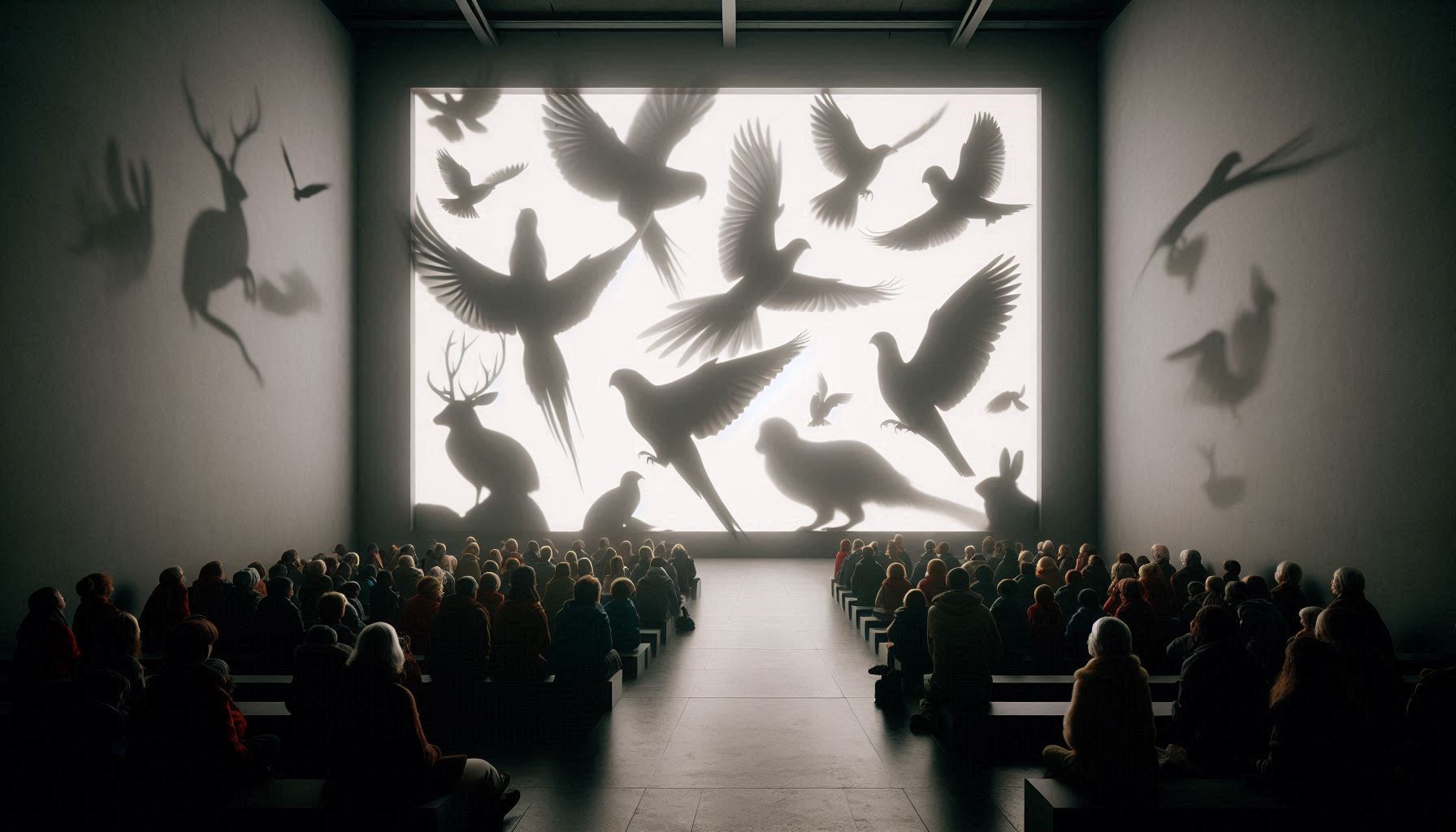Blog
-

Smart Work Is Not About Doing Less
“Work smart, not hard” has become one of the most repeated pieces of professional advice. It usually carries an implicit promise: there exists a clever shortcut that will save you time, energy, or discomfort. Sometimes, that promise is true. Automation, better tools, experience, and process improvements genuinely reduce effort. But the mistake lies in assuming…
-

Who Decided When the Year Begins?
As we celebrate the 1st of January and mark the beginning of another year, it’s easy to forget that this date is not as “natural” as it feels. The calendar we follow today is not the result of cosmic alignment or seasonal logic alone, but of political decisions, administrative convenience, and centuries of gradual correction.…
-

Happy Heart Syndrome – A personal tale
This is personal. My mother passed away suddenly, the day after my marriage. One moment she was there, handing my father a cup of tea, and the next moment she was gone—taken by a heart attack. I didn’t know what to do then, and even today, I often find myself thinking: what could I have…
-

Stars can Impact Your Life!
Astrology is the study of how the positions of stars and planets supposedly influence human lives. I personally do not subscribe to this belief. But the exploration of astrology—and why humans gravitate toward it—is a topic for another day. This article is about something far stranger, far more real, and far more unsettling:a phenomenon that…
-

Why Were Dinosaurs So Big? The Science (and Speculation) of Ancient Giants
Dinosaurs didn’t just live in a different time — they lived on a very different Earth.
-

The Great Illusion: Lights, Camera, Escape!
Once upon a time, stories weren’t a way to escape life — they were a way to live it. Songs were sung not for applause but to make sense of joy and sorrow, of hope and fear. A performance wasn’t a spectacle; it was participation. Everyone who watched was part of the story. But somewhere…
-

From Catching a Ball to Catching Time: A Journey Through the Brain’s Perception Engine
It began with a simple game of catch. A ball arcing through the air, hands stretching forward almost reflexively, eyes tracing the curve, and feet adjusting just enough to be in place at the right time. This ordinary act, repeated across parks, playgrounds, and backyards, hides a remarkable cognitive feat. Catching a ball is not…
-

The Fire Within the Forest: What Redwoods Reveal About Nature’s Code
Some stories in nature seem too poetic to be real—like fables written by evolution. The towering redwoods of California are one such story. Standing as giants among trees, they appear serene and invincible. But their stillness hides an ancient, ruthless logic—a deep lesson about the ways of nature. In 2020, the wildfires that raged through…
-

Language, Logic, and the Brain: Why We Read Mistakes and Think in Metaphors
You might have seen this sentence before: “Aoccdrnig to a rscheearch at Cmabrigde Uinervtisy…”—and remarkably, you can still read it. Even when letters are jumbled, our brains don’t get stuck. They compensate. Predict. Fill in the blanks. Language, it turns out, is not a rigid code. It’s a dance of patterns, expectations, and clever shortcuts.…
-

The Story of the Numbers We All Use
Every time we count, calculate, or type a number into our phones or laptops, we’re using symbols that feel almost as ancient as time itself: 1, 2, 3, 4… They’re called Arabic numerals today, but their story doesn’t begin in Arabia. Nor does it end there. In fact, it winds through ancient India, travels across…